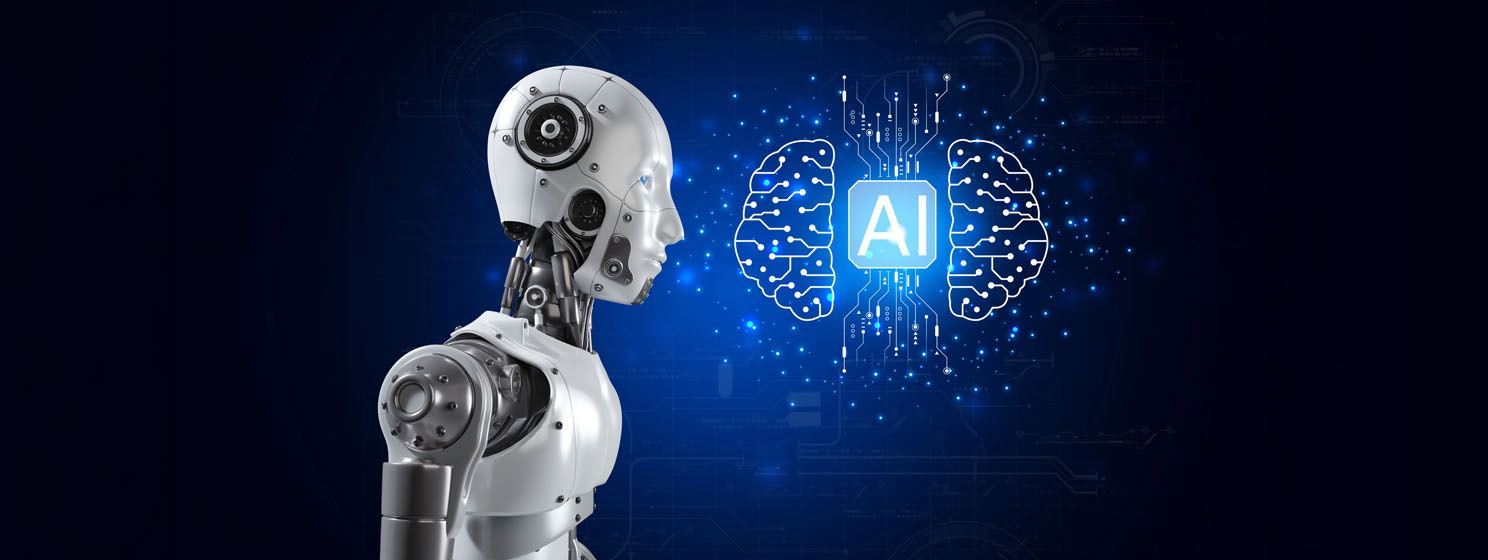|
Getting your Trinity Audio player ready...
|
Africa’s business process outsourcing (BPO) sector is projected to hit $35 billion by 2028, but advancements in AI-powered automation could wipe out over 40% of the industry’s jobs, a new report has revealed.
The report estimated that just over a million Africans work in BPO and information technology-enabled services (ITES), representing 2% of the global workforce. India, the Philippines and China dominate the sector.
While the number of Africans in ITES and BPO is modest, the report estimates that it will grow into a $35 billion sector by the decade’s end, directly adding 1.8 million more jobs to the continent. In some countries like Kenya, the industry is expected to grow at a CAGR of 6% to hit $343 million by 2029.
However, according to the report compiled by research and advisory firm Caribou Digital in partnership with the Mastercard Foundation (NASDAQ: MA), the sector faces its greatest threat yet in AI.
It revealed that over 40% of tasks in BPO and ITES can be automated with AI, with finance, accounting and customer service being the most prone. On the other end, senior-level AI data service roles are the most resilient to automation, but only account for 0.1% of employment in the sector.
It’s the latest in a long line of reports warning about the threat of AI to African nations. A UN report two weeks ago cautioned that without a concerted global effort, AI could further widen the disparity between the Global South and North, with resources—both human and capital—set to flow to developed nations with better AI infrastructure.
According to this latest report, African women working in BPO and ITES will be disproportionately affected. It projects that women face a 10% higher risk of automation as they more often hold junior roles.
“With AI handling increasingly sophisticated tasks, entry-level roles will likely require more than just basic digital literacy. Young Africans entering the sector will need foundational knowledge in AI and proficiency in technical tools and software to effectively interact with and manage AI systems,” the report stated.
It’s not all gloom, however. The report revealed that most African workers in BPO have embraced AI and view it as an enabler. Many use tools such as Microsoft’s Copilot (NASDAQ: MSFT) and OpenAI’s ChatGPT to boost productivity and efficiency. These tools are especially prevalent in tasks such as programming, customer service and debugging. This will likely result in job transformation rather than wholesale displacement.
“As AI transforms global business processes, Africa can lead by ensuring its workforce is AI-ready,” commented Mastercard Foundation’s Rodwell Mangisi.
He called on African governments to invest in upskilling their populace to prepare for the AI age, guaranteeing “sustainable, high-value employment that benefits all demographics.”
At the Global AI Summit on Africa a week ago in Rwanda, African leaders reiterated the need to accelerate education initiatives that equip Africans with AI skills. The Summit culminated in the launch of the $60 billion Africa AI Fund, focused on expanding AI infrastructure, research and development across the continent.China to shape Africa’s AI future with growing tech ties: Experts
Elsewhere, experts believe China will play a central role in Africa’s AI journey amid deepening tech ties.
China has become the biggest investor in Africa over the past decade, and at last year’s Forum on China-Africa Cooperation Beijing Summit, the two unveiled a new 2025-2027 action plan. Experts say this plan will solidify their ties, making China an indispensable tech partner for Africa.
Beyond investing in infrastructure, China is also training millions of Africans on the latest tech, including AI, says Dennis Munene, who leads the Nairobi-based China-Africa Center.
Through these initiatives, the region will “train many young people on how to develop homegrown AI tools that are going to solve some of the challenges that the continent is grappling with,” he told China Daily.
Xn Iraki, a professor at the University of Nairobi, believes the continent can learn a lot from China’s development in the past two decades.
“China invested in research and development, but learned from the West. We too can learn from China, with more focus on science, technology, engineering and mathematics, from kindergarten to university,” he commented.
In order for artificial intelligence (AI) to work right within the law and thrive in the face of growing challenges, it needs to integrate an enterprise blockchain system that ensures data input quality and ownership—allowing it to keep data safe while also guaranteeing the immutability of data. Check out CoinGeek’s coverage on this emerging tech to learn more why Enterprise blockchain will be the backbone of AI.
Watch: Tech redefines how things are done—Africa is here for it

 02-18-2026
02-18-2026 




